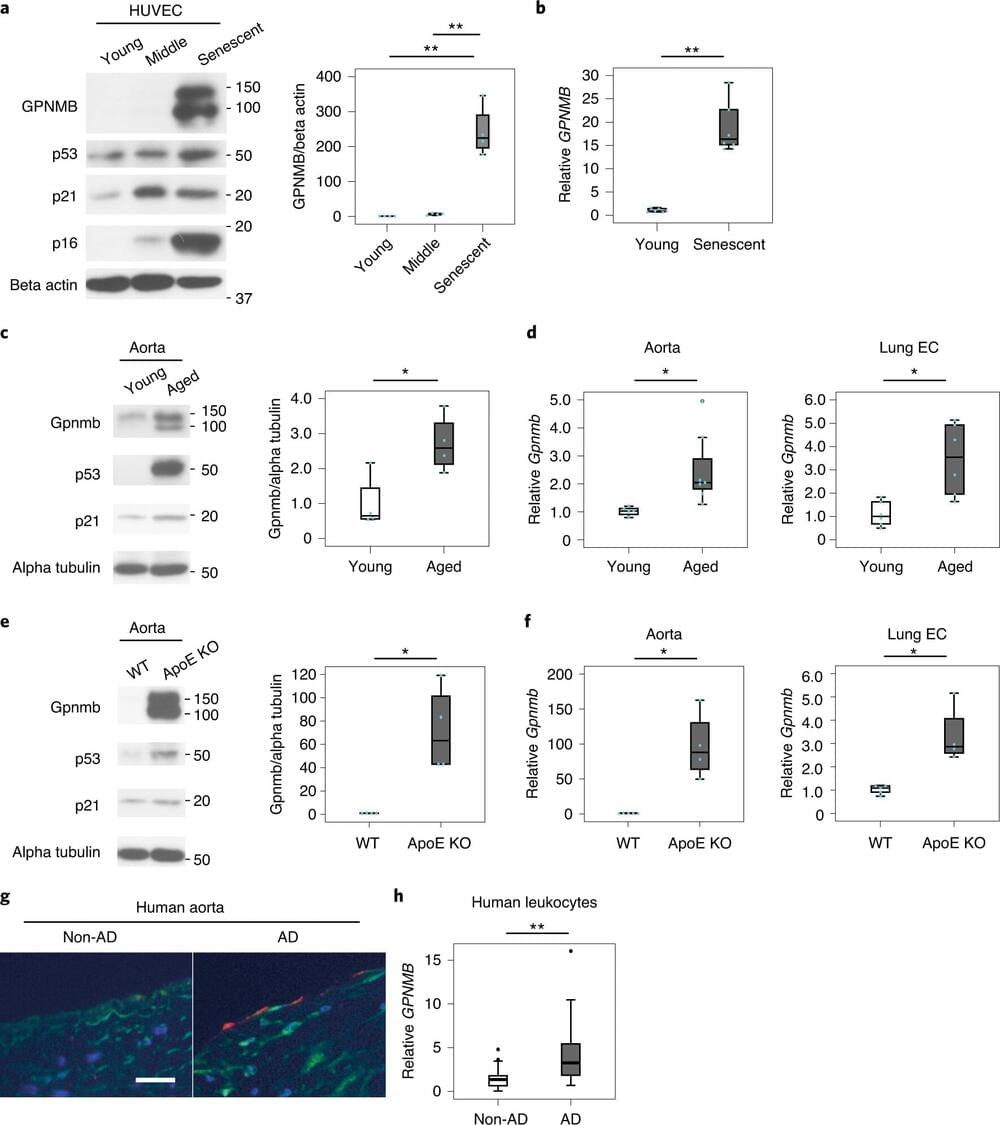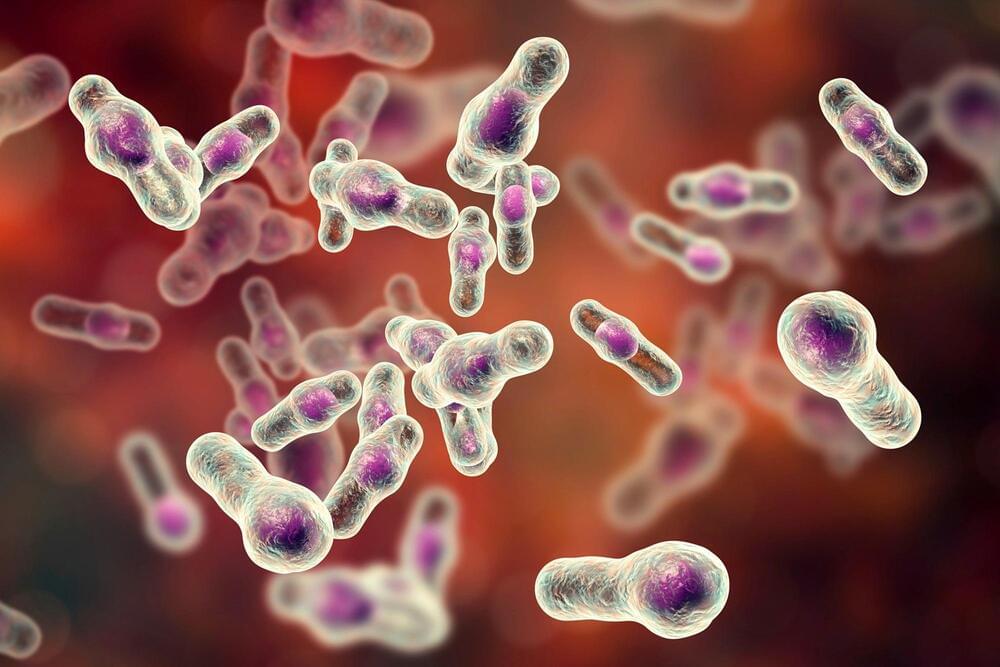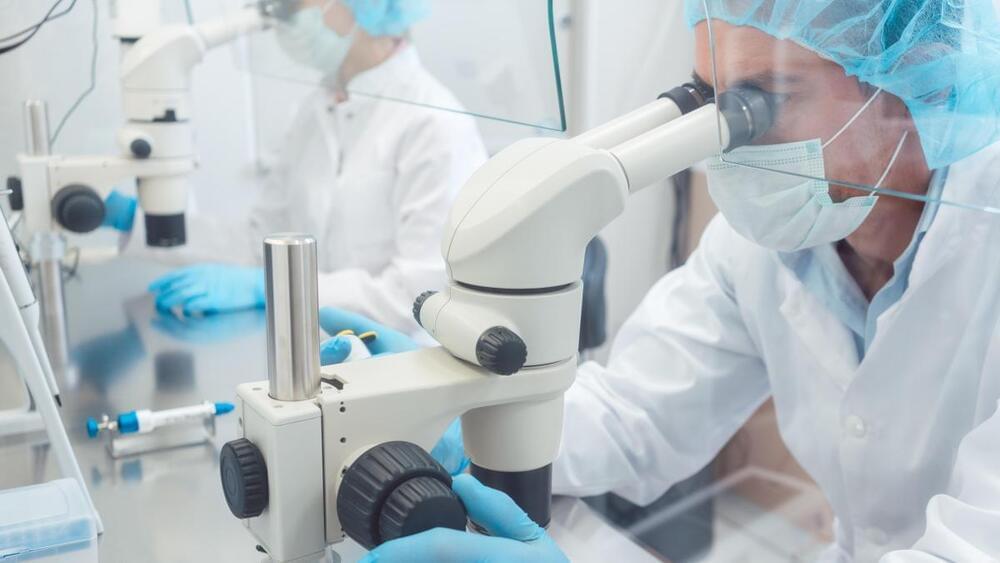Their inner workings reside in the realm of physics, but lasers make everyday life possible. Talking on a cell phone or googling COVID stats while your apples and oranges are scanned at the checkout counter—lasers at every step.
Lasers emit intense light at specific wavelengths. At one wavelength, laser beams etch patterns on computer chips that define their circuitry. At telecom wavelengths, lasers fire the enormous volumes of data through optical fibers that make ours the information age.
In 2017, a new kind of laser invented by electrical engineer Boubacar Kante, Ph.D., was recognized as one of the breakthrough inventions of the year by Physics World. With his Bakar Fellows support, Kante is preparing to fabricate a prototype of the new laser and demonstrate its potential for a range of applications from microsurgery to satellite telemetry.








